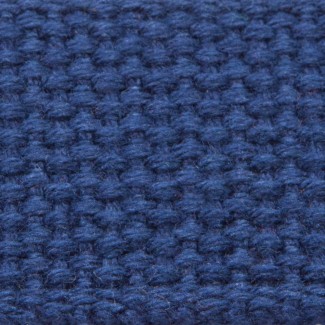- Local: (516) 346-4636
- Toll-Free: (800) 886-6060
- Fax: (516) 346-4366
- Email: kflynn@nationalwebbing.com
 Discover the versatile and eco-friendly world of cotton webbing and its significant role in outdoor gear and apparel. This comprehensive guide delves into the key advantages of cotton webbing, its comparison with synthetic alternatives, and factors to consider when selecting the perfect webbing for your outdoor products. Additionally, learn about customization options and the performance of cotton webbing in extreme conditions. You'll be equipped with the knowledge to make informed decisions for your next outdoor gear and apparel projects.
Discover the versatile and eco-friendly world of cotton webbing and its significant role in outdoor gear and apparel. This comprehensive guide delves into the key advantages of cotton webbing, its comparison with synthetic alternatives, and factors to consider when selecting the perfect webbing for your outdoor products. Additionally, learn about customization options and the performance of cotton webbing in extreme conditions. You'll be equipped with the knowledge to make informed decisions for your next outdoor gear and apparel projects.
Cotton webbing is a tightly woven material made from natural cotton fibers, commonly used in outdoor gear and apparel for straps, belts, and handles.
· Environmentally friendly and biodegradable.
· Durable, strong, and versatile.
· Comfortable and customizable.
Cotton webbing offers several benefits, including sustainability, natural comfort, and customization potential.
· Made from renewable resources.
· Soft touch and moisture absorption.
· Easily dyed, printed, or embroidered.
Cotton webbing differs from synthetic materials like nylon and polyester regarding water resistance, strength, and environmental impact.
· Less water-resistant than synthetics.
· Adequate strength for most applications.
· More eco-friendly option.
· Match width and thickness with the intended use.
· Ensure appropriate tensile strength.
· Choose a suitable weave pattern for durability, flexibility, and appearance.
1. Dyeing: match brand identity or design preferences.
2. Printing: apply intricate patterns or logos.
3. Embroidery: high-quality, durable branding elements.
Water absorption, UV resistance, and temperature sensitivity may affect cotton webbing's performance in extreme conditions.
· Becomes heavier and weaker when wet.
· Prolonged UV exposure leads to color fading and degradation.
· Extreme temperatures affect the fibers, causing shrinkage or brittleness.